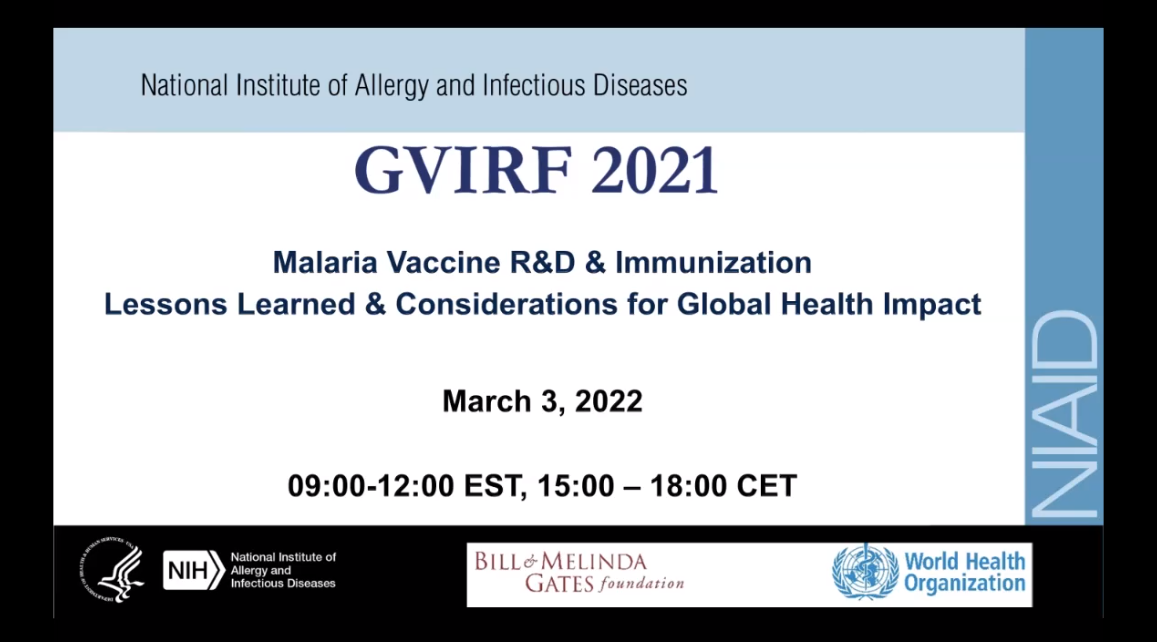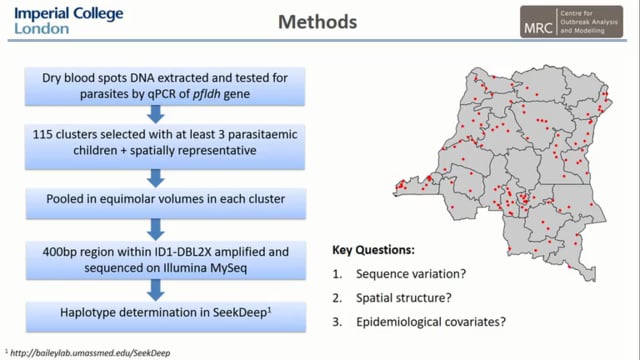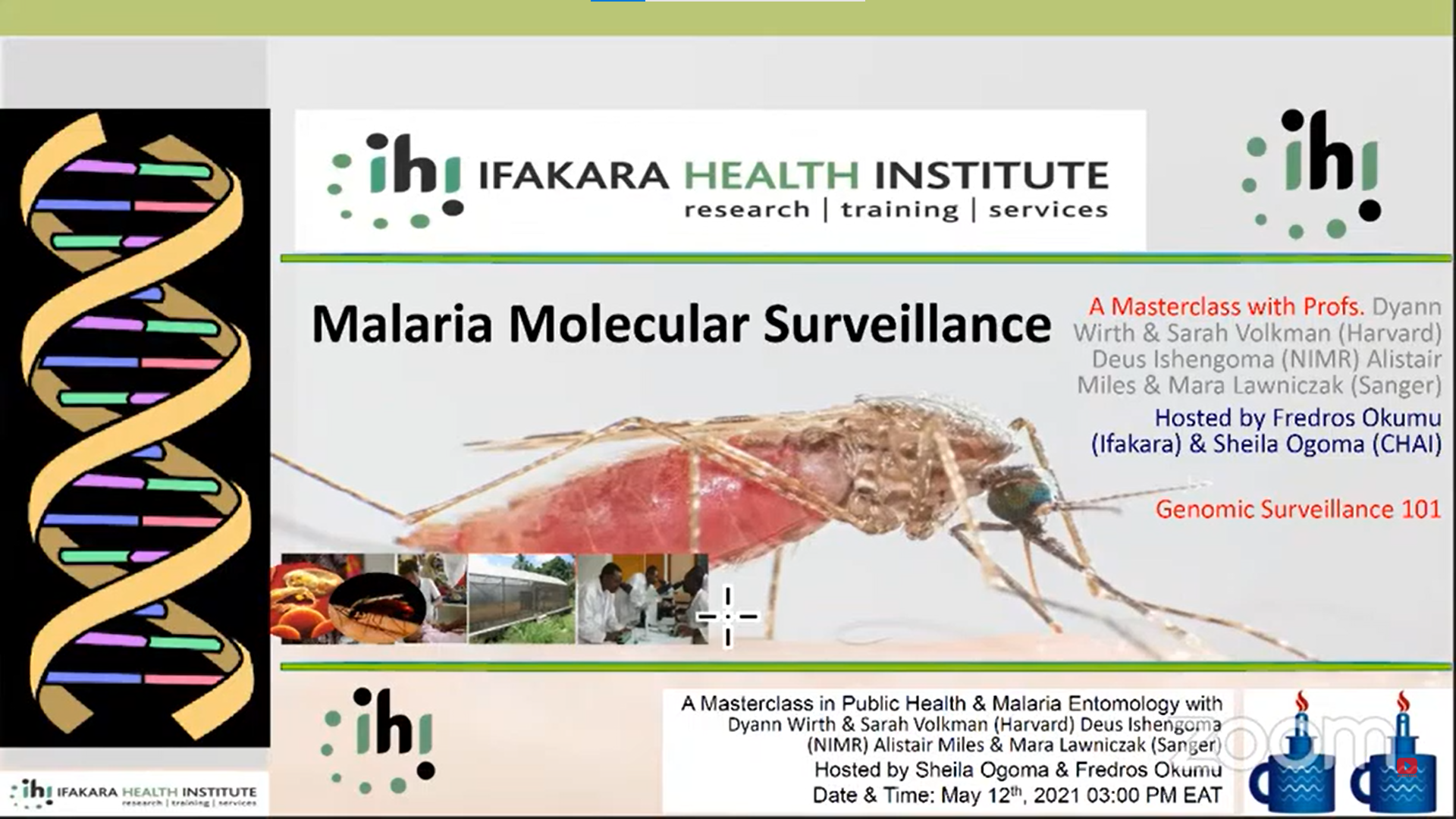Last Updated: 02/12/2024
A study of three malaria vaccines to prevent the transmission of malaria in adults in Mali: TBVax2
Objectives
To develop a vaccine that will safely reduce the spread of malaria in the community by preventing mosquitos from carrying the malaria germs from person to person.
Specific objectives:
- To find out if the experimental malaria vaccine is safe and what side effects it may cause in Malian adults.
- To find out if people who get the vaccine develop similar immune responses that have been seen with other vaccines that reduce the spread of malaria in the community.
University of Sciences Techniques and Technologies of Bamako (USTTB), Mali
Malaria is a disease that affects many people in Africa, including Mali. Malaria is caused by small germs that are carried between people by certain mosquitoes. When a person is bitten by an infected mosquito, they may develop malaria. While some people who are infected do not show any symptoms, others may become very sick or even die.
The kind of vaccine being developed could decrease the number of malaria germs in the entire community, and could later be combined with a vaccine that prevents people from getting infected.
The combination vaccine being tested in this study contains a protein (Pfs230) that is found on the surface of the malaria germ, a recombinant Pfs48/45 6C domain fused with glutamate-rich protein (R0.6C) and the individual vaccine ProC6C is a recombinant Pfs48/45 6C domain fused with Pfs230-Pro domain using a Circumsporozoite protein linked. The other vaccine parts, EPA, Alhydrogel, and Matrix-M are products that are added to the vaccine to improve the body’s immune response to that protein. The immune response is what the body uses to fight germs. The Pfs230 protein has been previously tested combined with other agents in Mali. The R0.6C and ProC6C have also been previously tested, and have been shown to be safe and induced good immune responses. This is the first time these two vaccine parts (R0.6C and Pfs230) have been combined together into one vaccine and the first tests in humans. The study will start with a low dose of the experimental malaria vaccine. If there are no safety concerns after testing this dose, we study will continue with higher doses.
- Study design: Phase I dose-escalating randomized comparator-controlled study
- Primary study design: Interventional
- Secondary study design: Randomised controlled trial
- Trial type: Prevention
Clinical trial registration: ISRCTN13649456
Feb 2022 — Jan 2023


